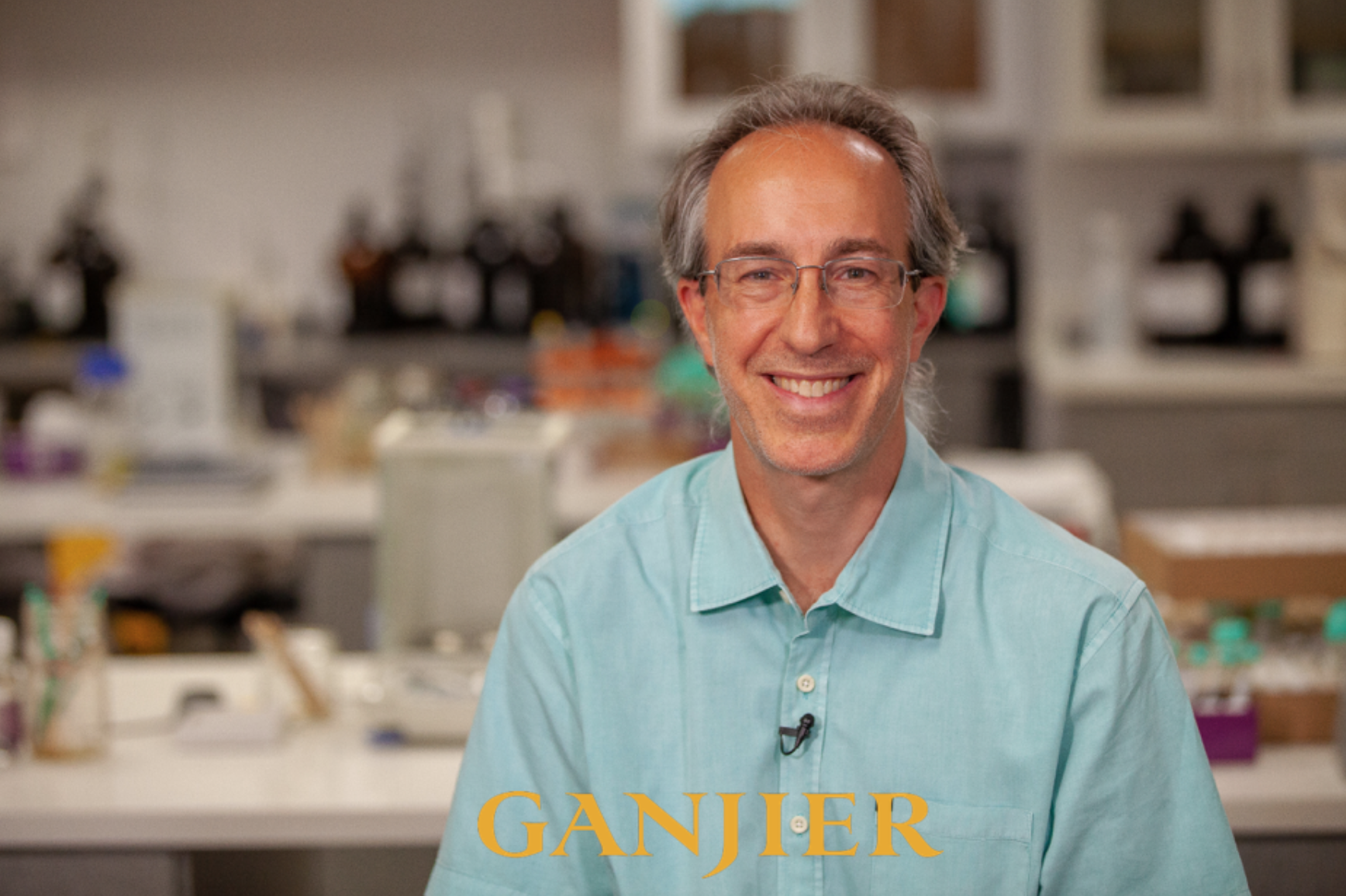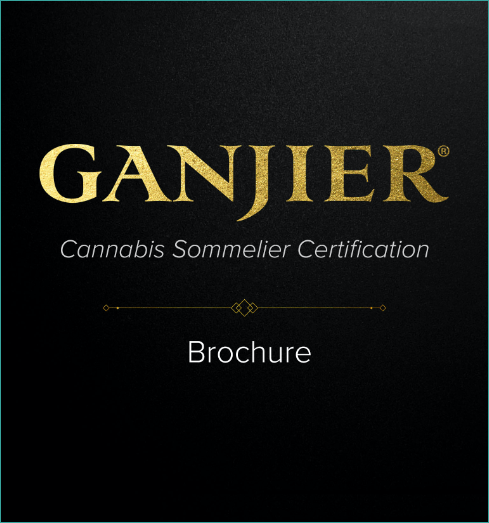A biochemist with over a decade of experience in the cannabis industry, Dr. Jeffrey Raber is the Co-Founder and President of The Werc Shop – a lab-testing facility based in Los Angeles. Dr. Raber received his PhD in organic chemistry from the University of Southern California and is also an Executive Officer with the Association of Commercial Cannabis Laboratories (ACCL).
As a patient in the cannabis space, it didn’t take Dr. Raber long to recognize the need for more transparency and quality control in the cannabis industry. Since beginning his career in cannabis, he has helped develop effective regulatory solutions for the safe, sustainable delivery of medical cannabis to qualified patients and consumers.
Jeff Raber Teaches The Science of Cannabis and Cannabis Processing Methodologies
In The Science of Cannabis, Dr. Jeffrey Raber dives into the intricacies associated with the endocannabinoid system. He will discuss the unique nature of the ECS, how cannabis is experienced in the human body, the difference between CB1 and CB2 receptors, and how the experience of cannabis is different depending on the consumption method.
In Cannabis Processing Methodologies, Dr. Raber breaks down solvent-based extraction. How does it work? Is it safe? What does quality look like? And, with a survey of lab results, he shows the qualitative and quantitative differences between extraction methods.
Excited to take this exclusive online course? Sign up for the Ganjier interest list to be notified first when it goes live.
A Conversation with Jeff Raber
Why did you join the Ganjier Council? Why do you think the Ganjier is important?
Proper education of individuals seeking to inform and influence purchasing decisions about their cannabis is exceptionally important. Informed and knowledgeable product providers will lend towards the most sophisticated top quality products being made available to broader society.
This is critical to maximizing the utility of cannabis for humans. I thought the educator group being assembled represented the most top notch individuals – containing the broadest breadth of cannabis knowledge today. I wanted to be a part of that group and contribute my knowledge to it as well.
In regards to what you specifically covered in the Ganjier curriculum, why do you think this knowledge is important for the Ganjier and the health of the cannabis industry?
Scientific understanding of plant and product compositions, along with the processes for production of complex derivative cannabis products, are absolutely fundamental to understanding taste, olfactory profile, and overall product quality and potential in the marketplace. If there isn’t a solid scientific foundation it will always be only subjective and lacking in standardization and market maturity.
Why do you feel it’s important for people to understand how to assess the true quality of cannabis flower and concentrates? What benefits does this provide to the industry?
Maximum utilization of the plant towards positively impacting the broadest number of consumers of cannabis products.
To you, what are some of the most important nuances and elements of truly high-quality cannabis?
Consistency in production. Replication of the same molecular composition from batch to batch. It delivers to the user the desired physiological effects, every single time. Purity is for health, but quality is often a very individualized perspective.
Why do you think it’s important to establish a common standardized language in the cannabis industry? Any specific examples that stand out to you most?
Without a standard language we can’t effectively have a deep and rich conversation about the details. A consumer based language is sometimes different from a legal or regulatory language being used. It is absolutely critical the terms, their uses, and the conversational points are clear to everyone engaged.
How do you think The Systematic Assessment Tool (SAP) will have an impact on the cannabis industry? Are there any parts of The SAP you find most valuable or beneficial?
We now have a standardized process for assessment. It isn’t simply someone’s subjective perspective of good, it is quantitative and qualitative and includes the rationale for those scores such that another individual can make the same assessment. This will propel the industry forward further and faster than any other tool we’ve seen developed for categorization/assessment to date.
Enrollment for the first certified Ganjier class will open in Winter 2020. Capacity is limited. Join the interest list if you want to be among the first Ganjiers to transform the cannabis industry as we know it.


